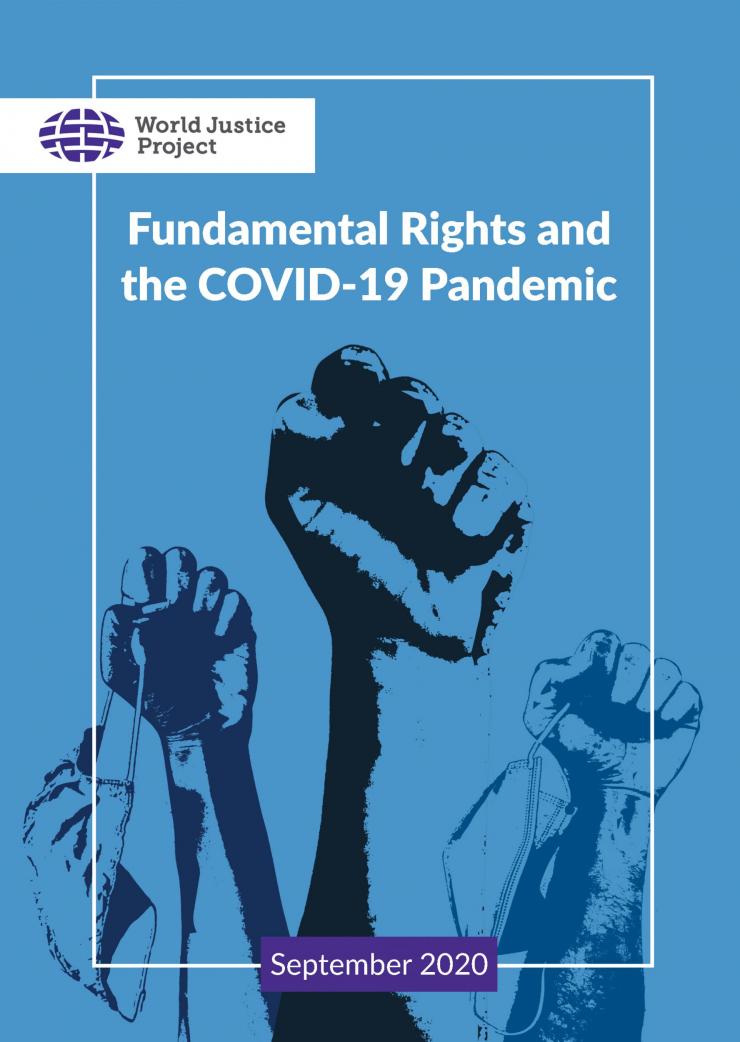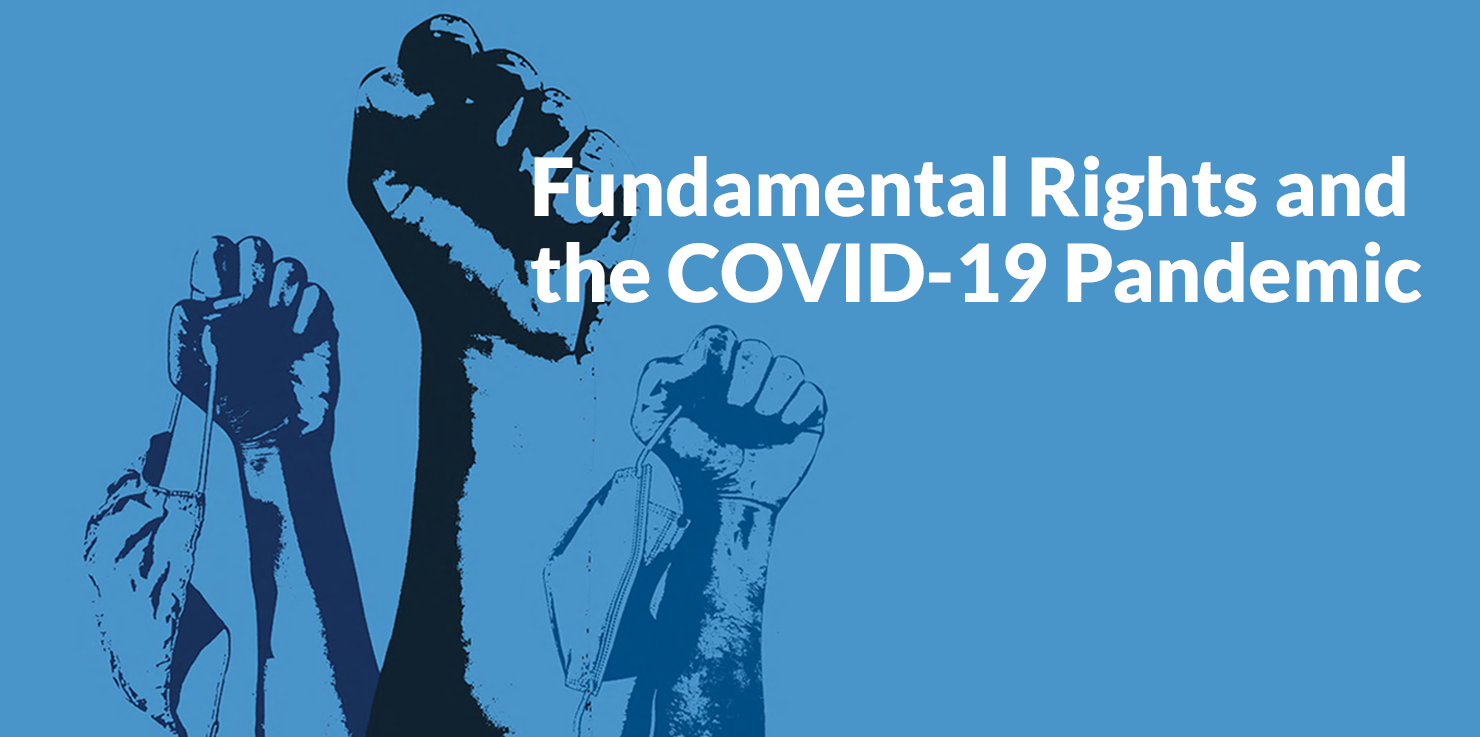

This policy brief is part of a multidisciplinary initiative from the World Justice Project to expand knowledge of the relationship between public health and the rule of law, and to identify measures to tackle the twin crises of the COVID-19 pandemic and the rule of law where they intersect. Learn more about this initiative here, and look for the final policy brief in this series to be published at worldjusticeproject.org/news in the coming weeks.
The COVID-19 pandemic is intensifying pressure across a wide range of fundamental rights, a key pillar of the rule of law. This comes at a time when, according to the World Justice Project Rule of Law Index, more countries have declined in their fundamental rights score than any other rule of law factor over both the last year and the last five years.
In addition to the dramatic effects of quarantines and lockdowns on freedom of movement and travel, the pandemic is affecting human rights in four areas of particular concern. First, the crisis is triggering some state responses that are discriminatory and unequal in their effects on certain minority or vulnerable groups. Second, excessive infringements on core political and civil rights of freedom of expression and peaceful assembly are evident. Third, the public health requirements surrounding contact tracing in the digital age raise special concerns regarding the right to privacy. And fourth, the unique impact of the pandemic and related controls on prisoners and others involved in the criminal justice system demand special handling from a rights-based perspective. In all four of these areas, protecting fundamental rights in accordance with international rule of law standards not only serves justice but also helps contain the spread of the pandemic itself.
WJP's latest policy brief, Fundamental Rights and the COVID-19 Pandemic, explores these issues in detail including concrete country examples, and puts forth recommendations for protecting fundamental rights—now and for the long term.








